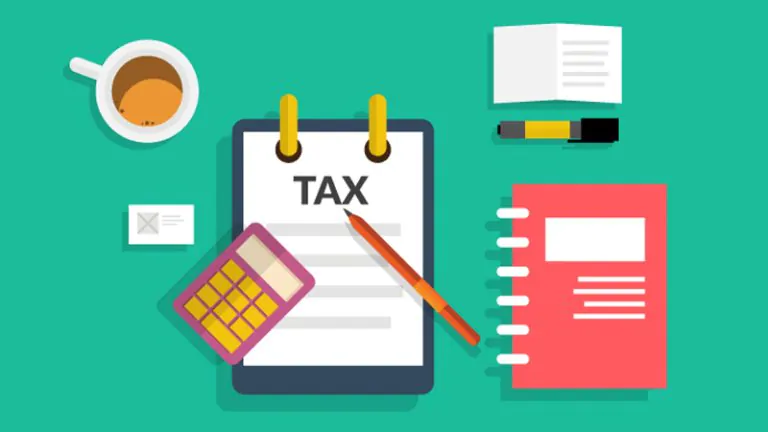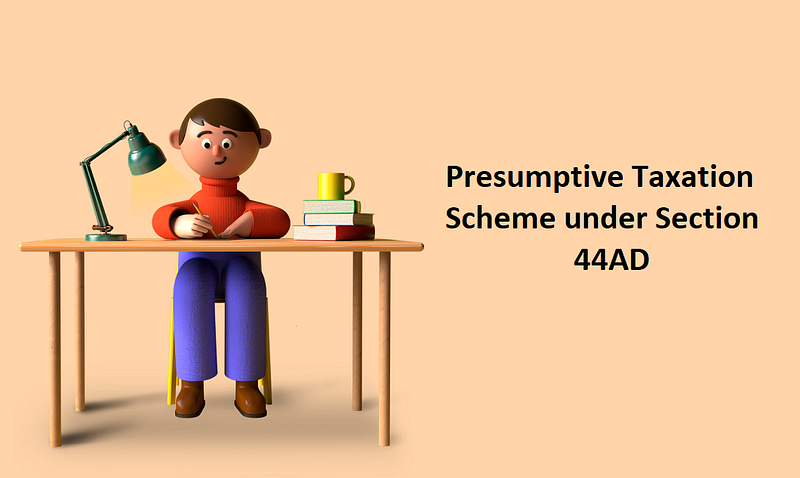
Union Budget for FY 21–22 introduced several proposals to benefit depositors, investors, and taxpayers. Finance minister Smt. Nirmala Sitharaman said that the tax system should put a minimum burden on the taxpayers. Specific Direct Tax proposals were introduced, providing relaxation to individual taxpayers and startups to some extent. The Finance minister surprised taxpayers by not announcing any change in income tax slab rates. She also did not disclose the proposal to introduce much-hyped Covid cess. In a significant move, the limit for tax audits under section 44AB has been increased from Rs 5 crore to Rs 10 crore (where 95% of payments and receipts are digitized), providing relief to many corporate houses.
Proposed amendments
1. Exemption for LTC cash scheme
Under the prevailing provisions of LTA, the exemption is out there for the worth of travel concession received by an employee from his/her former employer, leave visit anywhere in India. thanks to the Covid-19 situation, it’s proposed to supply tax exemption to cash allowance within the area of LTC.
2. Reduction in time for IT proceedings
The budget proposed a depletion within the time-limit for reopening tax proceedings to 3 years from the present six years to decrease the compliance burden. Except in severe minimization cases, assessment proceedings within the remainder of the problems shall be continued only up to 3 years, against the sooner deadline of six years.
3. Constitution of discourse resolution committee for little and medium taxpayers
Vivad se Vishwas scheme was executed last year to settle the pending disputes. Hence, to supply early tax certainty to small and medium taxpayers, it’s proposed to introduce a replacement scheme for preventing recent conflicts and settling the problems at the initial stage. those that are evaluated with a taxable income of up to Rs.50 lakh (for small and medium taxpayers) and any disputed payment of Rs.10 lakh can approach this committee under section 245MA. it’ll prevent new controversies and settle the problems at the initial stage itself.
4. Faceless proceedings
The minister of finance promised on 1st February 2021 to simplify tax administration, ease compliance, and reduce litigation over the approaching year. Provision is formed for faceless proceedings before the tax Appellate Tribunal (ITAT) during a jurisdiction-less manner.
5. Tax incentives for startups
In her third budget speech, minister of finance Smt. Nirmala Sitharaman unrolled tax incentives for startups concerning capital gains. The tax holiday for startups has been prolonged by another year up to 31st March 2022 i.e. an extension has been proposed in eligibility for claiming tax holidays and capital gains exemption for investment in startups by one year to March 2022.
6. Relief from the hardship of double taxation
When Non-Resident Indians return to India, they need issues concerning their accrued incomes in their foreign retirement accounts. it’s usually thanks to a discrepancy in taxation periods. They also face difficulties in getting credit for Indian taxes in foreign jurisdictions. there’s a scheme to notify rules for removing hardship for double taxation.
7. Employers to lose the deduction
In case the employee’s PF contribution was abstracted but not deposited by the employer, it’ll not be recognized as a deduction for the employer. it’s expected to place pressure on employers to deposit the employee’s Provident Fund contributions on time.
8. Increase within the Tax audit limit
The ‘Tax Audit’ limit under Section 44AB has increased from Rs.10 crores to Rs.5 crores, where 95% of business transactions are done digitally.
9. Section 44ADA Amendment
A scheme for presumptive taxation was initiated under section 44ADA from the FY FY 2016–17. Section 44ADA provides a simple method of taxation for little professionals. Section 44A claimed to all or any the assessees being residents in India. Now onwards, it claims only to the resident individual, Hindu Undivided Family (HUF) or a partnership firm aside from LLP.
10. Section 80EEA- Tax holiday extention
The tax holiday for reasonable housing projects has been extended until 31st March 2022. The tax exception has been granted for affordable rental projects.
For more information Click here
